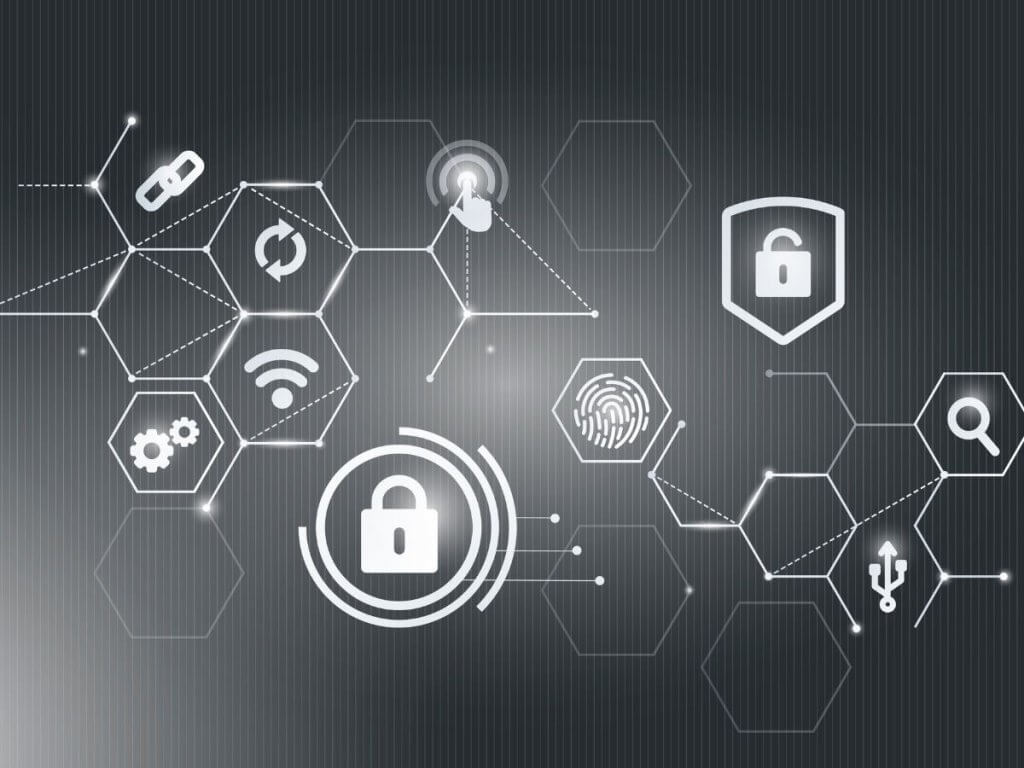Despite the fact that cybersecurity has been presented as a business problem in boardrooms for years, IT directors are still primarily responsible. According to the Gartner Board of Directors Survey for 2022, 88% of board members consider cybersecurity to be a business risk, while only 12% consider it to be a technological risk. Because digital information and technology are now so deeply intertwined in day-to-day work, organizations have become significantly more vulnerable to cyber threats.
However, the assaults themselves are becoming significantly more sophisticated, targeting both information and essential infrastructure. Cyber-risk incidents can cost a business a lot of money in terms of operational, financial, reputational, and strategic effects. As a result, traditional security solutions have become less effective, and most businesses now need to step up their cybersecurity game.
What Is Cybersecurity

The practice of deploying people, rules, processes, and technologies protecting cyber assets is known as cybersecurity. Business executives create cybersecurity levels, balancing the resources required with usability/manageability and the degree of risk mitigated. IT security, IoT security, network security, and operational security are all subsets of cybersecurity.
While the debate over whether cyber security and information security are synonymous continues to rage online, it makes sense to consider cyber security as a type of information security. Consider information security to be an umbrella that encompasses cyber security as well as other security subjects such as cryptography and mobile computing.
It can be difficult to discern a clear distinction, though, because even simple geography can have an impact. For example, while the phrase ‘cyber security’ is widely used in the United States, it may also be referred to as ‘information security in other nations. This, along with other considerations, has fueled the argument over cyber security vs. information security.
While cyber security is concerned with safeguarding information in cyberspace, information security is concerned with safeguarding data in cyberspace and beyond. To put it another way, the internet or the endpoint device may only be a small part of the whole picture. Both entail defending cyberspace from cyber attacks such as ransomware, spyware, malware, and other types of malicious software capable of wreaking havoc. Professionals in cyber security, on the other hand, have a more specific concentration.
Cyber Security | Information Security | |||
Definition | It is the process of securing data on the internet from outside sources. | It’s all about securing data against unauthorized access, modification, or deletion in order to maintain confidentiality, integrity, and availability. | ||
Protection | It’s about being able to defend against cyber attack when using cyberspace. | It is concerned with the security of data from all types of threats. | ||
Area of Protection | Cybersecurity is used to safeguard anything that is connected to the internet. | Information security applies to all types of data, regardless of their source. | ||
Threat | Cybersecurity is concerned with threats to cyberspace. | The protection of data from any type of threat is the subject of information security. | ||
Against | Cybercrime, cyber fraud, and law enforcement are all targets for cybersecurity. | Unauthorized access, disclosure alteration, and interruption are all threats to information security. | ||
Operator | Cyber security professionals deal with the prevention of active threats or Advanced Persistent threats (APT). | Information security specialists are at the heart of data security, and those who work in the field prioritize resources before dealing with problems. | ||
Responsibility | It deals with cyber risks that may or may not exist, such as safeguarding your social media account, personal information, and so on. | It is concerned with information assets, confidentiality, and availability. |
Network security refers to the steps taken by a company or organization to protect its computer network and data through the use of both hardware and software. This seeks to protect the data and network’s confidentiality and accessibility. Every company or organization that deals with a lot of data has a set of measures in place to deal with a variety of cyber threats.
The steps taken to defend our computer systems from cyber attacks and harmful attacks are known as cyber security. Its purpose is to improve our system’s security so that we can prevent cyber attackers from gaining illegal access to our system. It defends cyberspace against attacks and damage. Inherent weaknesses in cyberspace might cause problems that can’t always be fixed.
Cyber Security | Network Security | |||
Definition | It safeguards data stored on the organization’s devices and servers, against cybercriminals. | It safeguards data as it travels over the organization’s internal network, against rogue employees. | ||
Subset of | A subset of information security. | A subset of cybersecurity is. | ||
Protection | It safeguards data stored in the devices and servers. | It safeguards data transmitted within the network. | ||
Threat | It is concerned with the prevention of phishing and pre-texting. | It is concerned with the prevention of DOS attacks and viruses. | ||
Against | Cyber security is used to combat cybercrime and fraud. | Trojans are targeted by network security. |
The Importance of Cyber Security Awareness

The employees of a company are crucial to its day-to-day operations. They represent the company, interact with customers, and handle confidential information.
Your company will face a slew of issues if they fail to adequately preserve that information or violate data subject rights, which are protected by laws like the GDPR (General Data Protection Regulation).
This includes regulatory action, potentially large fines, and long-term reputational damage. Customers and other stakeholders may switch to a competition if they don’t trust you to handle information correctly.
Meanwhile, depending on the nature of the data breach, you may experience a variety of problems. If an employee falls for a phishing scam, for example, their accounts may be hacked, and the attacker may go after other employees to steal sensitive data.
Employees who use bad passwords, on the other hand, may jeopardize the security of their accounts or the secrecy of important files.
Although there are technologies that can help lessen the risk, it is ultimately up to your staff to use them correctly and avoid making mistakes that jeopardize your security measures.
The most effective means of educating employees on the hazards they should avoid and the procedures they should take if they are confused about what to do in specific instances is through cyber security training.
Read more: Cyber Crime in Malaysia
Cybersecurity Threats and Risks
You’ll probably need a variety of IT to start your new firm, including smart devices, PCs, and cloud-based platforms. You may have client information, personnel information, and perhaps specific product blueprints on your hard drive. Cybercriminals are likely to be interested in these, regardless of how tiny your company is. A rudimentary understanding of the hazards that exist in the cyber-world will aid in the protection of your digital assets, intellectual property, and business. The following are some of the common cyber threats:
- Ransomware
- Phishing
- Data breaches
- Hacking
- Insider threat
Read more: Cybersecurity Threats, Risks, and Attacks
Cybersecurity Technology and Strategy
A cybersecurity strategy is a high-level plan for securing your company’s assets over the next three to five years. Because technology and cyber dangers are both constantly changing, you’ll almost probably need to revise your approach sooner than three years. A cybersecurity plan isn’t supposed to be perfect; it’s merely a well-informed guess at what you should do. As your company and the world around you change, so should your strategy.
Your assets will be better protected as a result of establishing and implementing a cybersecurity strategy. This usually entails a transition from a reactive to a proactive security posture, with a focus on preventing cyber assaults and incidents rather than responding to them after the fact. A robust cybersecurity strategy, on the other hand, will better prepare your company to respond to any events that do occur. Your company can protect its brand and reduce harm to its employees, customers, partners, and others by preventing minor issues from becoming significant ones.
Best Value Added Distributor for IT Security Solutions in Malaysia
We at Spectrum Edge have one of the most comprehensive and integrated security product and service portfolios in the industry. Our cybersecurity specialists will provide security solutions to assist your organization in integrating security into the fabric of its operations so that it can thrive in the face of adversity.
Visit us today at Spectrum Edge, the Best Value Added Distributor for IT Security Solutions in Malaysia, for additional information on the latest cybersecurity techniques, trends, and insights.